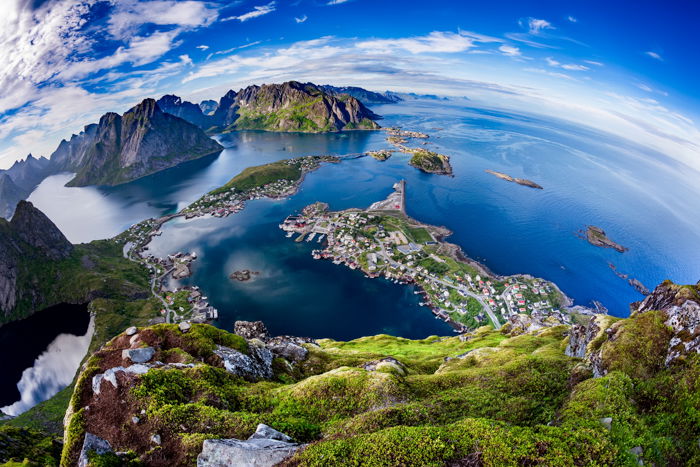It’s important to pick the best lens for product photography to achieve the best results. Each lens differs in maximum aperture, build quality, and other factors. And if you shoot still life or product photography, certain lenses suit them better than others.
Out of all the lenses in this review, the Canon EF 85mm f/1.8 lens is the best overall choice. It’s an affordable, fast lens that produces sharp images. But if you have a Nikon or Sony camera, we recommend the Sigma 24-105mm f/4 Art zoom lens. It’s a great value lens that has a constant f/4 aperture and image stabilization.
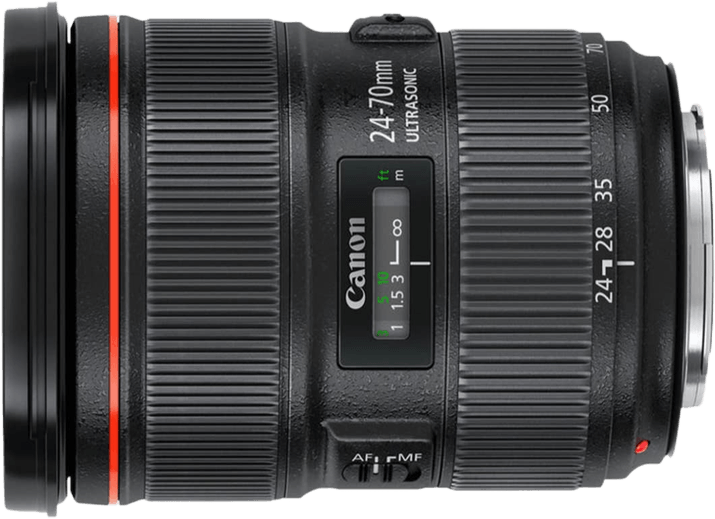
What’s the Best Lens for Product Photography?
Before we dive into all the details, here’s a roundup of all the lenses in this review. We also divided the article into three sections. So you can click on these links to jump to each one.
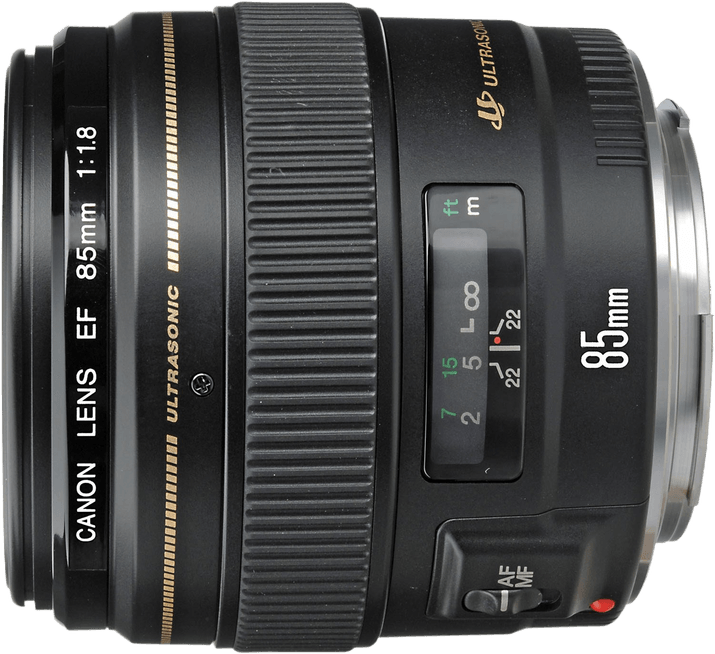
- Small and lightweight
- Great value
- Fast silent focus with the USM motor
- Fast sharp f/1.8 maximum aperture
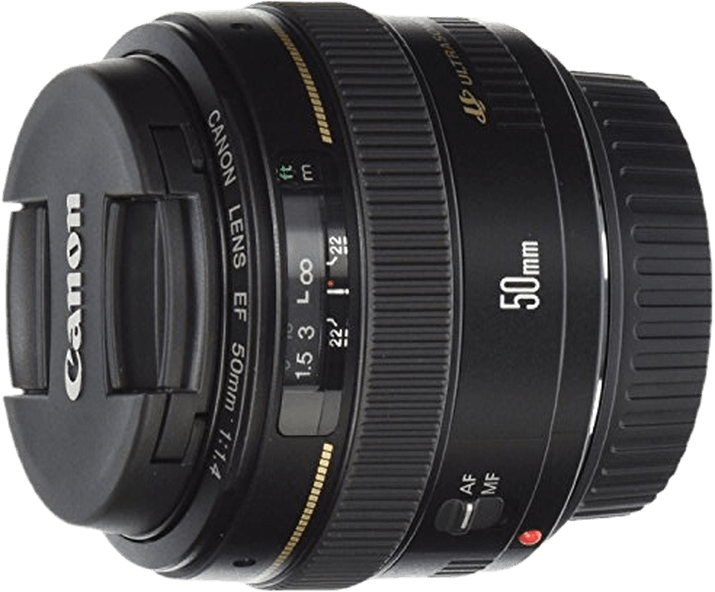
- Fast f/1.4 maximum aperture
- Always-available manual focus
- Compact and lightweight
- Silent USM AF motor

- Super sharp at all apertures and focal lengths
- Constant, fast f/2.8 maximum aperture
- Weather sealed for lens durability
- Always-available manual focus
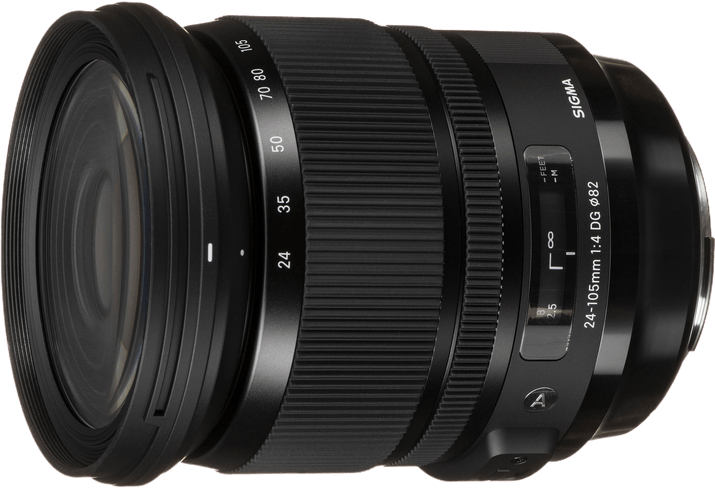
- Constant f/4 maximum aperture
- Great value lens
- Optical image stabilization
- Customizable with optional lens dock
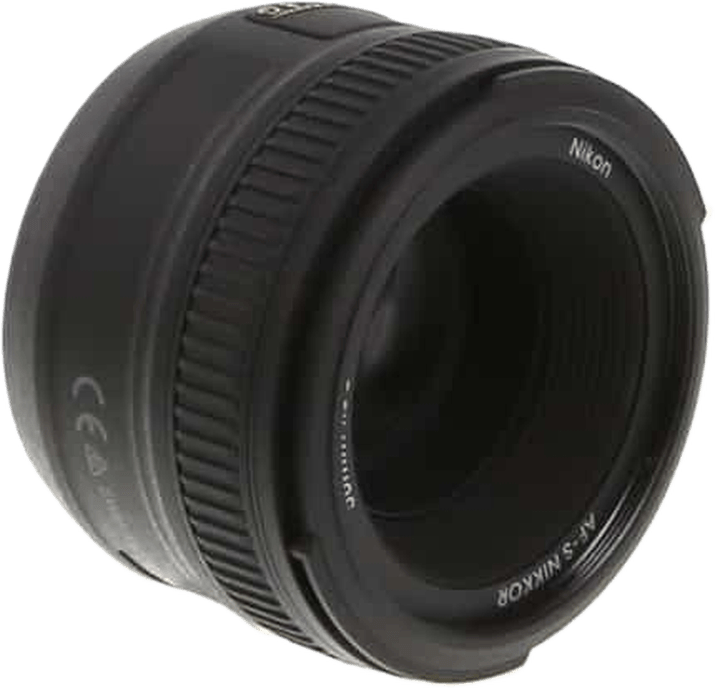
- Inexpensive prime lens
- Fast and accurate AF
- Good bokeh
- Compact and lightweight
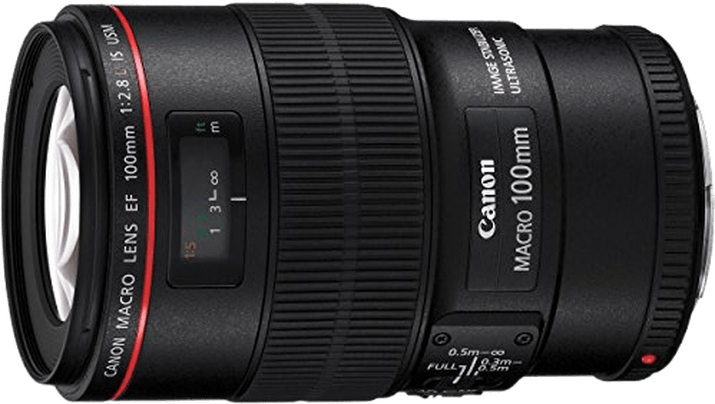
- Ideal focal length
- Superb image quality
- Lightning-fast, silent autofocus
- Beautiful bokeh
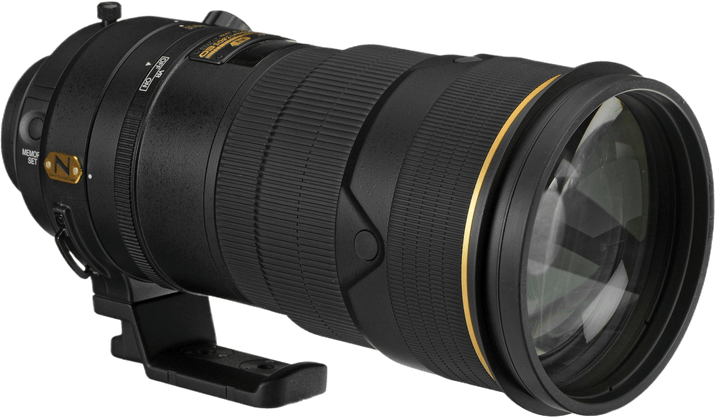
- Fast autofocus
- Always-available manual focus
- Genuine macro 1:1 reproduction
- Pleasing bokeh
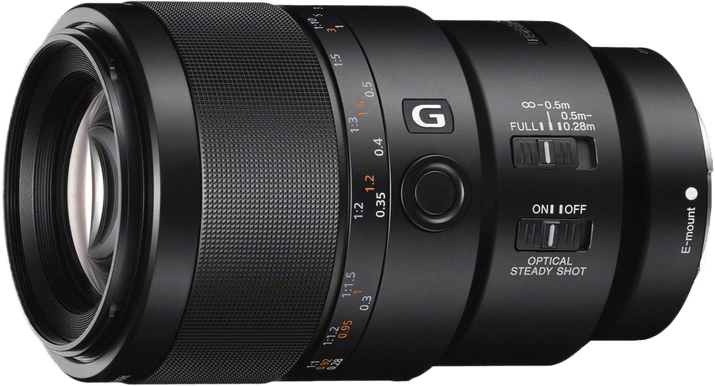
- Simple push-pull A/M focus switch
- Fast, silent AF
- Excellent bokeh
- Superbly sharp images
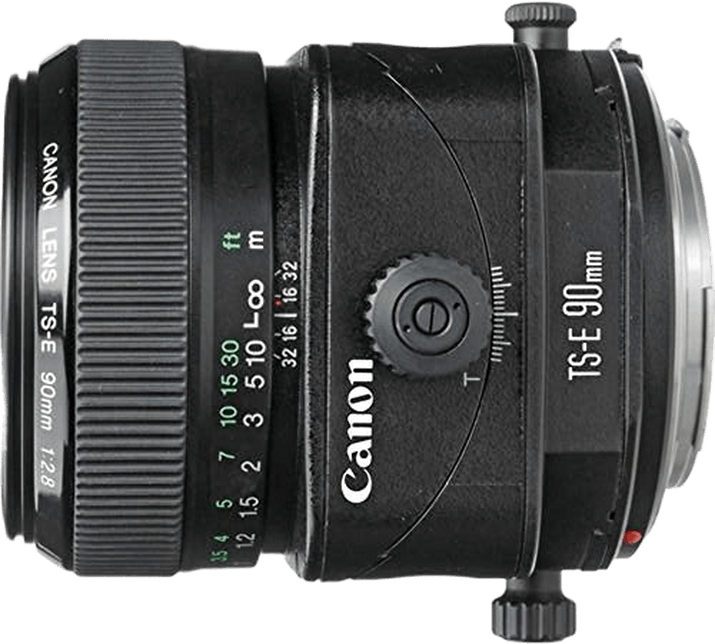
- 10˚ tilt and 12mm shift range
- Precision depth of field control
- Terrific build quality
- 1:2 reproduction ratio
Cropped or Full Frame Sensor?
Before you choose a lens, you first need to know whether your camera has a cropped or full frame sensor. Your lens works differently depending on which you have.
A lens on a crop sensor camera acts like its focal length multiplied by the camera’s crop factor. If your crop sensor camera has a crop factor of 1.6x, then a 50mm lens will behave more like an 80mm lens. A 50mm lens on a camera with a full frame sensor will act like a 50mm.
Cameras with cropped sensors are cheaper and often entry-level DSLRs. When I started in DSLR photography, I used a 60mm macro for my still life photography on my Canon Rebel, which has a crop sensor.
This acted like a 90mm. So it allowed me to get a tight crop and shallow depth of field. A tighter crop often creates a more visually pleasing image for small objects.
Prime Lens vs Zoom Lens
The second thing you should consider when shopping for a lens for still life photography is prime versus zoom.
A prime lens is preferable for shooting still life genres like product or food photography. They tend to be sharper. And they don’t have the moving parts that zoom lenses require to change the focal length.
These moving parts cause lens diffraction. This is a phenomenon of optical physics. Diffraction occurs when light interacts with an object. We see examples of diffraction in our daily life. For example, light hitting a spider web or water droplets.
Diffraction also occurs in our lens and on our camera sensor. When the aperture is wide, anywhere from f/1.4 to f/8, a lot of light hits the camera sensor directly.
When you stop down to apertures such as f/22, the light hits and bounces off the edge of the aperture blade. This causes the light to hit the subject less precisely. So the image is a bit muddy and less sharp.
It doesn’t matter how good your lens is. Your images will grow less sharp at apertures over f/16. And as you stop down, the fine details in your image will begin to blur out.
Best Prime and Zoom Lenses for Product Photography
A prime lens naturally gives you sharper images. But some premium zoom lenses can give you excellent results too. I use Canon’s 24-70mm L Series lens and find it very sharp. It’s comparable to my prime 100mm macro lens.
1. Canon 85mm f/1.8

| Brand |
Brand
Canon
|
| Lens Mount |
Lens Mount
Canon EF
|
| Focal Length Range |
Focal Length Range
85 mm
|
| Maximum Aperture |
Maximum Aperture
f/ 1.8
|
| Lens Type |
Lens Type
Prime, medium telephoto
|
| Product Photography Feature |
Product Photography Feature
The focal length gives you a nice distance from the subject, and a narrow depth of field.
|
This Canon EF 85mm f/1.8 is a fantastic prime lens for product photography. Manual focus is always available, meaning you can adjust carefully before shooting.
The focal length gives a narrow depth of field when stopped wide open. So this lens produces beautiful, creamy bokeh—another reason to love it for product photography.
2. Canon EF 50mm f/1.4

| Brand |
Brand
Canon
|
| Lens Mount |
Lens Mount
Canon EF
|
| Focal Length Range |
Focal Length Range
50 mm
|
| Maximum Aperture |
Maximum Aperture
f/ 1.4
|
| Lens Type |
Lens Type
Prime
|
| Product Photography Feature |
Product Photography Feature
The maximum aperture allows for atmospheric, low-light photography, even while shooting handheld.
|
This lens is perfect if you need to shoot on location in low light. Sometimes, product photography takes you away from the studio, and you must use available light.
The Canon EF 50mm f/1.4 lets you do this handheld. And the focal length gives a very natural feel to the subject.
3. Canon EF 24-70mm f/2.8L II

| Brand |
Brand
Canon
|
| Lens Mount |
Lens Mount
Canon EF
|
| Focal Length Range |
Focal Length Range
24-70 mm
|
| Maximum Aperture |
Maximum Aperture
f/ 2.8
|
| Lens Type |
Lens Type
Wide-angle zoom
|
| Product Photography Feature |
Product Photography Feature
Minimum focus distance of 8 inches (20 cm) is great for shooting products.
|
Professionals love the Canon EF 24-70mm f/2.8L II for its sharpness and low-light capabilities. And it works well as an everyday standard lens.
It offers great possibilities for product photography with its wide aperture and narrow depth of field. With sharpness at all apertures and focal lengths, it’s easy to see why it’s so popular.
4. Sigma 24-105mm f/4 Art

| Brand |
Brand
Sigma
|
| Lens Mount |
Lens Mount
Sony A
|
| Focal Length Range |
Focal Length Range
24-105 mm
|
| Maximum Aperture |
Maximum Aperture
f/ 4.0
|
| Lens Type |
Lens Type
Wide-angle to mid-telephoto zoom
|
| Product Photography Feature |
Product Photography Feature
A really useful, general-purpose lens with focal lengths well suited to product photography.
|
The 24-105mm f/4 Art lens shows why Sigma has a fan club of those who appreciate great performance at a price the camera manufacturers can’t match. The 24-105mm focal lengths are versatile for product photography. They allow you to get up close or keep your distance.
And Sigma’s image stabilization (IS) helps to keep photos sharp in low light. Along with the Sony A-mount version, there are compatible lenses for Canon EF-mount, Nikon F-mount, and Sigma SA-mount cameras.
5. Nikon AF-S 50mm f/1.8

| Brand |
Brand
Nikon
|
| Lens Mount |
Lens Mount
Nikon F
|
| Focal Length Range |
Focal Length Range
50 mm
|
| Maximum Aperture |
Maximum Aperture
f/ 1.8
|
| Lens Type |
Lens Type
Prime
|
| Product Photography Feature |
Product Photography Feature
A fast lens with pleasant bokeh that makes your products stand out.
|
The Nikon AF-S 50mm f/1.8 gives you supersharp results at a price that pleases. Always-available manual focus means you can tweak the very reliable AF (autofocus) when needed.
This is a definite bonus with product photography, especially if you’re working with a narrow depth of field. And this nifty-fifty has a maximum aperture that allows handheld low-light photography for a natural look.
Lens Speed
When we talk about lens speed, we’re describing the lens’s maximum aperture, which is described in f-stops. The smaller this number, the more light can get in at a time. This means that the shutter speed can be quicker, so the lens is “faster.”
A lens with a maximum aperture of f/1.4 lets you take shots in a dark place better than a lens with a maximum aperture of f/4. As a still life photographer, you’ll likely work in a studio with artificial lighting.
Faster lenses also allow for a shallower depth of field. This means that the background is blurrier when focusing on a subject in the foreground. This can be great for some types of still life photography, like food.
Finally, faster lenses capture more ambient light in flash photography. So I recommend choosing a lens with an aperture of f/4 or lower (smaller number).
Macro Lenses
A macro lens takes supersharp, detailed images very close to your subject. It has a magnification factor of 1x or 1:1. This lets it reproduce a life-sized image of your subject on the camera’s sensor. This means you can get very close to your subject, and it will still be in focus.
You sometimes see lenses with a magnification ratio of 1:2 labeled as “macro.” But a true macro lens has a magnification ratio of 1:1.
Besides taking close-ups, macro lenses are great for shooting portraits or other tightly cropped compositions. And a macro lens gives you a lot of versatility in your product and still life photography. So it’s a great choice to have in your kit.
Best Macro Lenses for Product Photography
6. Canon EF 100mm f/2.8L

| Brand |
Brand
Canon
|
| Lens Mount |
Lens Mount
Canon EF
|
| Focal Length Range |
Focal Length Range
100 mm
|
| Maximum Aperture |
Maximum Aperture
f/ 2.8
|
| Lens Type |
Lens Type
Prime, telephoto
|
| Product Photography Feature |
Product Photography Feature
Beautiful, smooth bokeh and a wide maximum aperture help make your products pop.
|
The Canon EF 100mm f/2.8L is a true 1:1 macro lens. It delivers sharps images of your products.
It has the bonus of excellent image stabilization (IS). So, available-light photography is possible in even less-than-ideal circumstances. Plus, manual focus is always available, so you can fine-tune your focus point until it’s perfect.
7. Nikon AF-S 105mm f/2.8G

| Brand |
Brand
Nikon
|
| Lens Mount |
Lens Mount
Nikon F
|
| Focal Length Range |
Focal Length Range
300 mm
|
| Maximum Aperture |
Maximum Aperture
f/ 2.8
|
| Lens Type |
Lens Type
Prime, telephoto
|
| Product Photography Feature |
Product Photography Feature
Great build quality with a generous max aperture that delivers superb pictures.
|
The Nikon AF-S 105mm f/2.8G is a solid lens with true 1:1 macro performance. The focus-limiting switch helps if you’re working close up to your subject. Images are sharp at every aperture.
8. Sony FE 90mm f/2.8-22 G

| Brand |
Brand
Sony
|
| Lens Mount |
Lens Mount
Sony E
|
| Focal Length Range |
Focal Length Range
90 mm
|
| Maximum Aperture |
Maximum Aperture
f/ 2.8
|
| Lens Type |
Lens Type
Prime, telephoto
|
| Product Photography Feature |
Product Photography Feature
Unique push-pull focus mode selection and focus lock are particularly good for macro work.
|
The lens barrel of the Sony FE 90mm f/2.8-22 G gives precise measurements and magnification ratio. This makes perfect sense for a superb macro lens. Switching between AF and manual is easy by pushing or pulling the focus ring.
AF has three marked ranges—full, infinity to 0.5 m, and 0.5 m to 0.28 m. A push-button focus lock also sits naturally under the left thumb. And the image quality is superb.
Focal Length and Minimum Focus Distance
The lens’s focal length is the distance between the lens and the image sensor when the subject is in focus. This is stated in millimeters (28mm, 50mm, 100 mm, etc.).
The shorter the focal length, the wider the angle of view and the greater the area you can capture. It’s important to know the focal length of a lens. This will tell you how much it magnifies your subject when you take a picture.
The lens’s minimum focus distance determines how close you can be to your subject with it still in focus. The longer the focal length, the farther away you must be from your subject to be able to focus on it.
We can compare two Canon lenses. The Canon EF 100mm f/2 USM has a minimum focus distance of 91cm. The Canon EF 100mm f/2.8 IS USM Macro has a minimum focus distance of 31cm.
If you were shooting with the 100mm f/2, you would need to be at least 91cm away from your subject to focus on it. With the 100mm f/2.8 macro lens, you could be as close as 31cm and still create a tack-sharp photo.
Knowing the minimum focus distance is useful for shooting macro or close-up photography because you must get very close. So long lenses are not common in still life photography. You’re usually looking for tighter crops.

Tilt-Shift Lenses for Product Photography
This specialty lens can be a great lens to have in your still life photography arsenal. It comes with a high price tag. But it can be worth renting for certain types of jobs. Commercial product photographers and still life photographers use tilt-shift lenses all the time.
So what is a tilt-shift lens? It’s a lens that can be tilted or shifted in a wide range of directions relative to the image sensor. This allows you to control the convergence of parallel lines and the plane of focus. So you can shoot two subjects at two different distances.
In a regular lens, the plane of focus is parallel to the sensor in the camera. So when you focus on your subject, everything at that particular distance will also be in focus. But a tilt-shift lens has two functions.
- The tilt function changes the plane of focus, so it’s no longer parallel to the sensor. So you can create an angled plane of focus. When you focus on an object, everything at that angle can be made in focus.
- The shift function adjusts the position of the subject within the image without having to move the camera. By shifting the lens up or down or from side to side, you can get the best angle for the shot. So you capture elements that would otherwise lie outside of the frame.
Being able to control the plane of focus allows for sharp focus in the foreground while background objects remain out of focus.
You can also shoot your subject at its most flattering angle with a tilt-shift lens. You can control how much of the story around the frame is included without changing the camera angle or distance. This is really helpful when shooting product or package images.
Using a tilt-shift lens is a great way to correct the depth-of-field limitations of most lenses. Plus, these lenses also give you a lot of depth without the need to use smaller apertures, which is ideal for studio photography.
Best Tilt-Shift Lens for Still Life Photography
9. Canon TS-E 90mm f/2.8L

| Brand |
Brand
Canon
|
| Lens Mount |
Lens Mount
Canon EF
|
| Focal Length Range |
Focal Length Range
90 mm
|
| Maximum Aperture |
Maximum Aperture
f/ 2.8
|
| Lens Type |
Lens Type
Prime, tilt-shift telephoto
|
| Product Photography Feature |
Product Photography Feature
The tilt-shift combined 90mm focal length gives you lots of flexibility
|
The TS-E 90mm f/2.8L tilt-shift lens from Canon is a moderate telephoto. It’s ideal for getting a little distance from your subject. Although it says “macro” on the lens, it only gives a 1:2 magnification. But it’s still an impressive reproduction ratio that gets close for details.
Conclusion
Some photographers believe that only premium lenses are suitable for professional work. Or they think they are always better than their consumer counterparts. But this is not necessarily true.
The lens and build quality tend to be better in premium lines, such as Canon’s L-series. But don’t be fooled into thinking that a lens is better just because it has a red line around it.
As mentioned, a consumer-grade prime lens may be sharper than a premium zoom lens. The lens that is most appropriate for the genre you’re shooting is the most important factor.
You can have the best wide-angle lens on the market, but it’s not going to be very useful for product photography. In other words, the best lens is the one that is best for the job.
You have plenty of lens options for product photography. You just have to determine which kind fits your shooting needs and style. The Canon EF 85mm f/1.8 prime lens is well-priced and takes sharp product images. And it’s useful for more than just product photography.
If you have a Nikon or Sony camera, we recommend the Sigma 24-105mm f/4 Art zoom lens.



